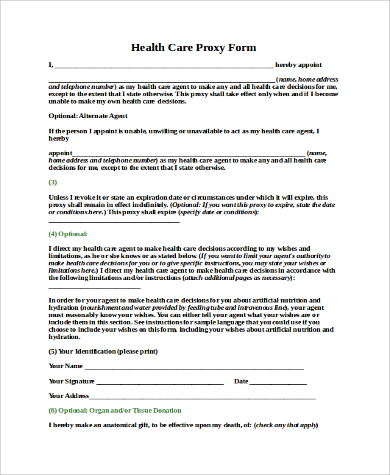Insurance deductible
What if I can't afford my health insurance deductible?
A higher deductible means a reduced cost in your insurance premium. For example, say your policy has a line of $5,000 in coverage. A low deductible of $500 means your insurance company is covering you for $4,500. A higher deductible of $1,000 means your company would then be covering you for only $4,000.
This leaves me with over $1000 in expenses to pay without insurance (regarding $350 each), as well as a minimum of 2 of the three firms have actually turned them over to debt collectors. Has any individual thought about that what all the above generally suggests is a person can make up a bill when they're ready as well as good as well as you need to pay it? It can be totally unwarranted, completely, but how can you disprove it?
Can you write off health insurance premiums?
A copay is a fixed amount you pay for a health care service, usually when you receive the service. The amount can vary by the type of service. You may have a copay before you've finished paying toward your deductible. You may also have a copay after you pay your deductible, and when you owe coinsurance.
Just how Do Deductibles, Coinsurance And Copays Job?

What if I don't have the money for my deductible?
Negotiate a Payment Plan While your doctor can't waive or discount your deductible because that would violate the rules of your health plan, he or she may be willing to allow you to pay the deductible you owe over time. Be honest and explain your situation up front to your doctor or hospital billing department.

- Many health insurance strategies consist of an insurance deductible, which is a quantity you should pay out-of-pocket for your health care prior to your insurance company begins to start for covered medical care solutions.
- An insurance deductible is the amount of money you need to pay on your own before your medical insurance company will start assisting with your expenditures.
- For example, if your insurance coverage covers 80 percent of your medical costs, with a $500 yearly deductible, you need to pay at least $500 out-of-pocket before the plan begins paying anything.
- Or will we merely have our clinical costs paid, and get to maintain the $25,000?
- After you have paid $500 in costs, the insurance plan will cover 80 percent of your clinical costs for the remainder of the calendar year.
A copayment is the section of a clinical insurance claim that you are responsible http://devintzuk872.jigsy.com/entries/general/when-did-physicians-start-to-be-called for paying. In many cases, a doctor's office will certainly request the copayment at the time of your appointment.
Personal financings let you spread out a large cost with time, and they might be an excellent alternative if you can't obtain a clinical collector to consent to a payment plan. Clinical expenses are discriminated than other bills sent out to collections-- at the very least regarding your credit report is concerned. Securities under the Affordable Treatment Act provide individuals at not-for-profit health centers time to request economic assistance prior to any kind of "remarkable collection measures" are taken. But also for the most component, any kind of unpaid equilibrium is fair Drug Abuse Treatment game.
Do you still have a copay after deductible?
If you can't afford to pay your deductible, then there are other options. Sell some of your possessions. Get a payday loan; some states allow for you to get a payday loan from a different state. Wait a few weeks and save up enough money to pay for your car insurance deductible.
As an example, yearly preventative treatment, well-woman check outs, checkups, and youth immunizations are generally not subject to coinsurances, deductibles, or copays. Normally these services are covered without out-of-pocket cost.
It seems) they ought to most definitely be able to draw it back from collections if they placed it with collections (without informing you first. In 2010, I had a heart cardiovascular test performed and also I was informed by the workplace staff that if there were a copay, they would bill me as back then they doubted. 18 months later, I discovered that it was sent out to a collection agency. After talking to the cordial females from the agency on the phone that informed me that it would not go on my credit score reporti if I paid it (shouldve got that in writing), I paid the 30.00 owed. If you can obtain the debt collector to consent to delete if you pay, after that of course, that's the means to go.